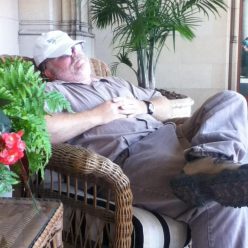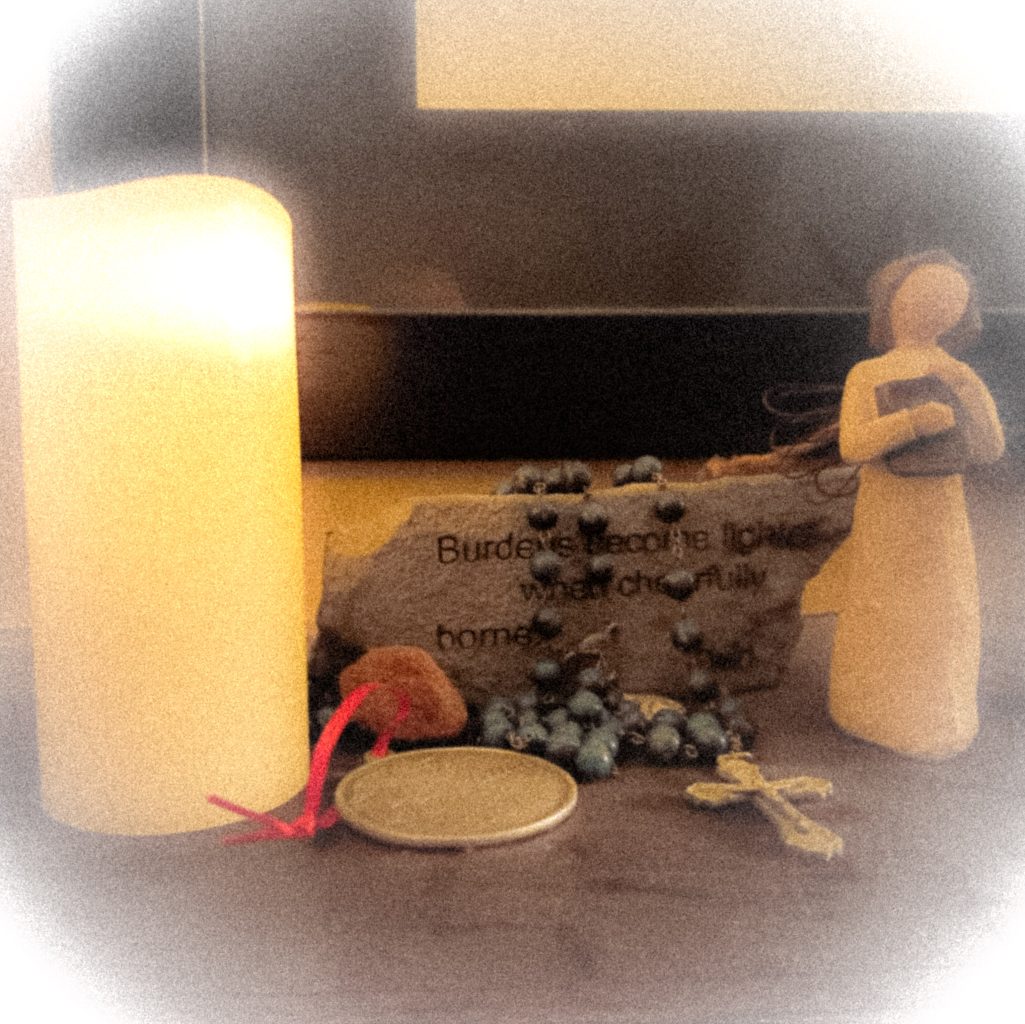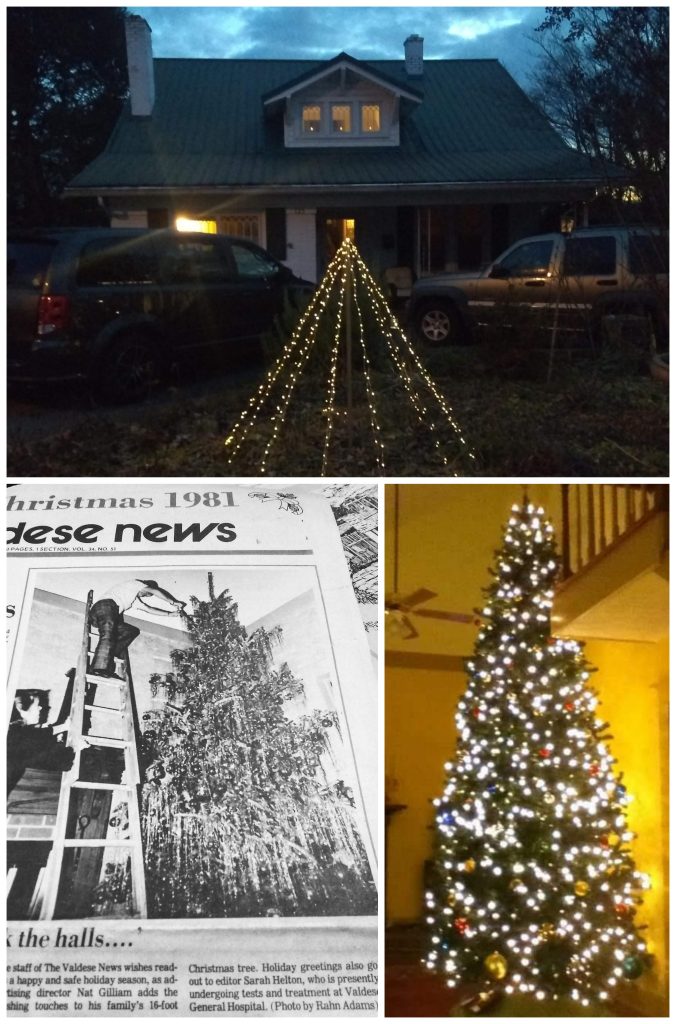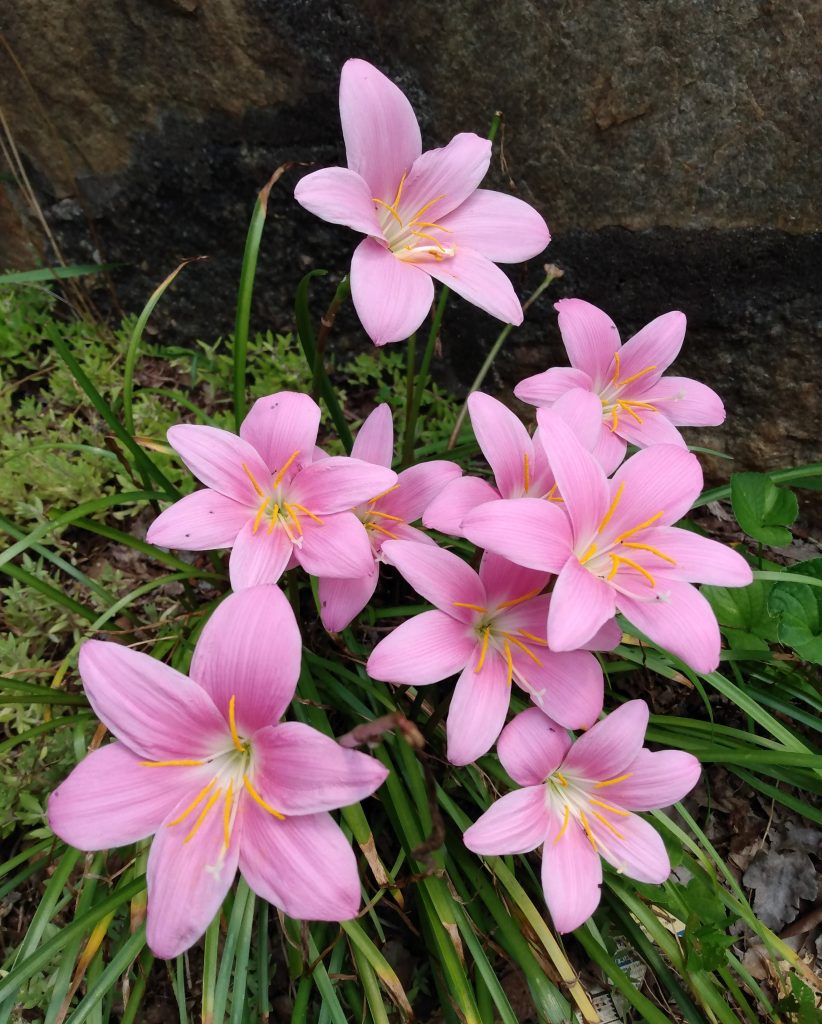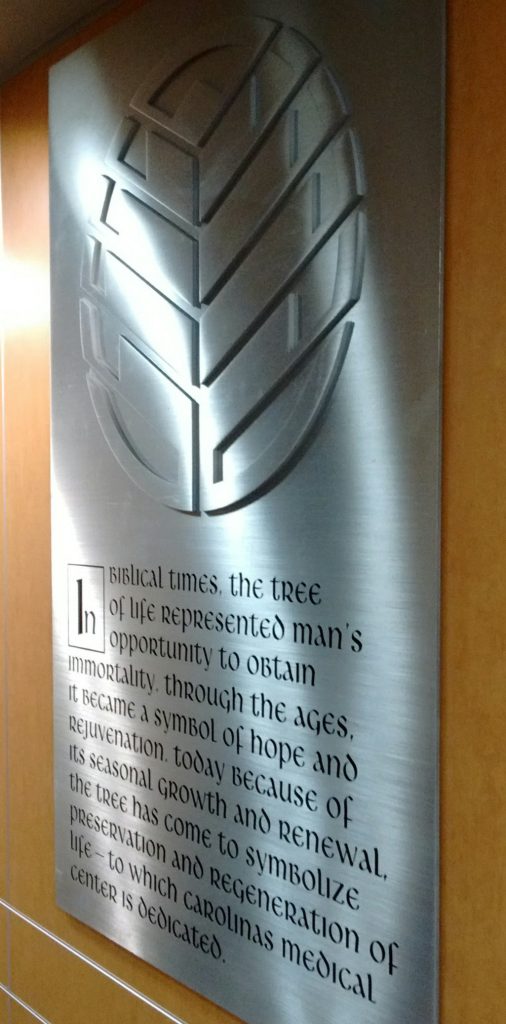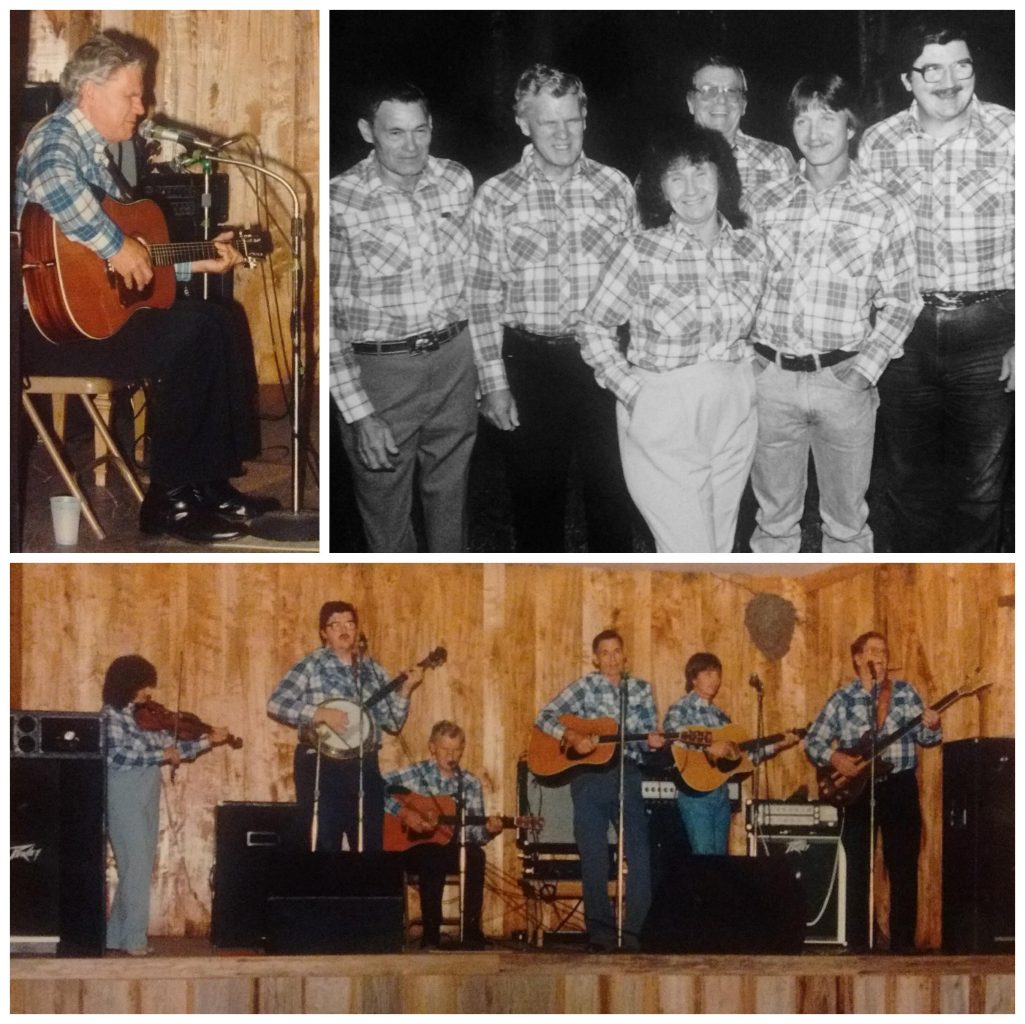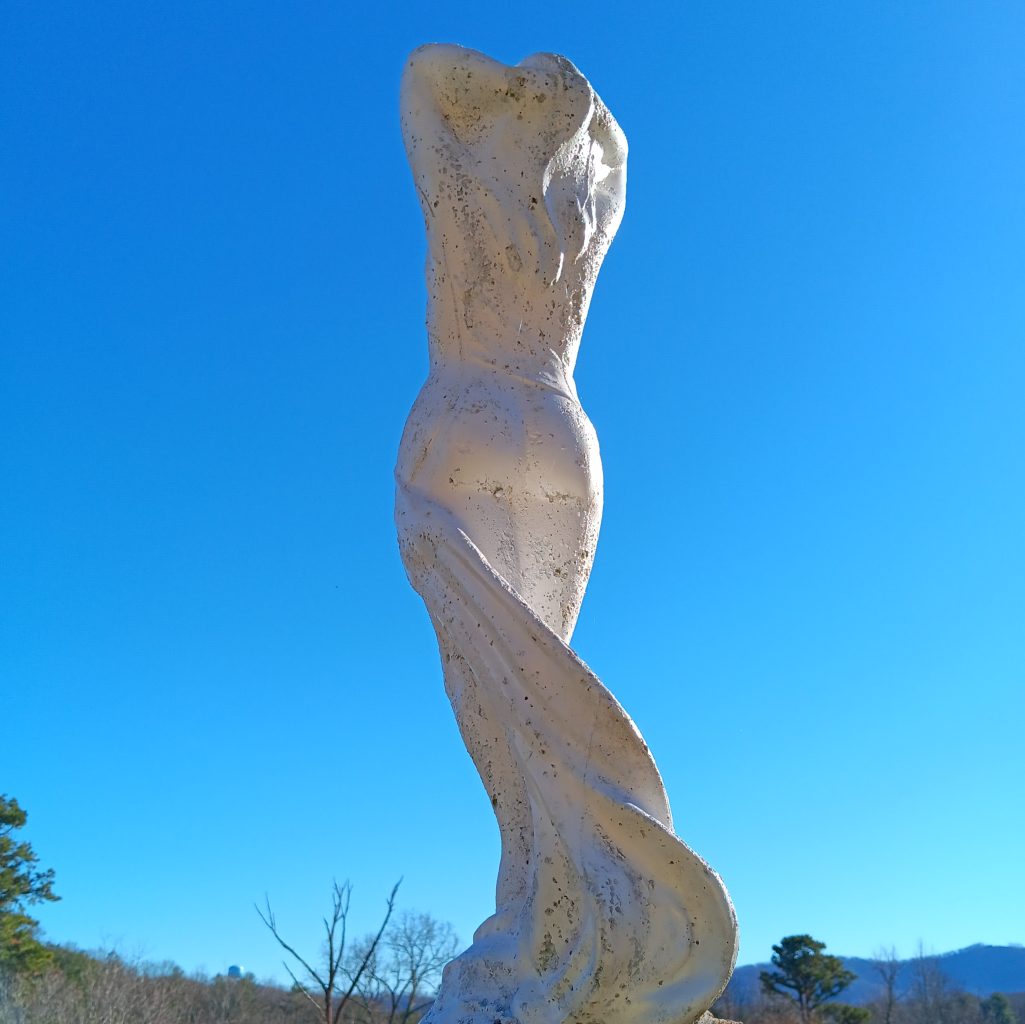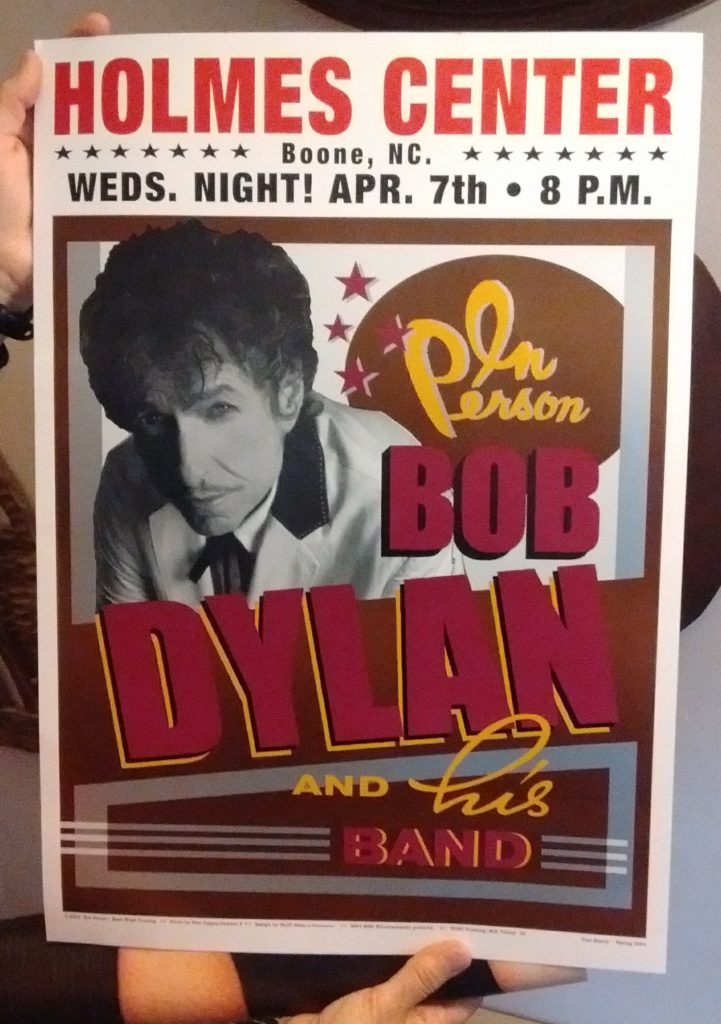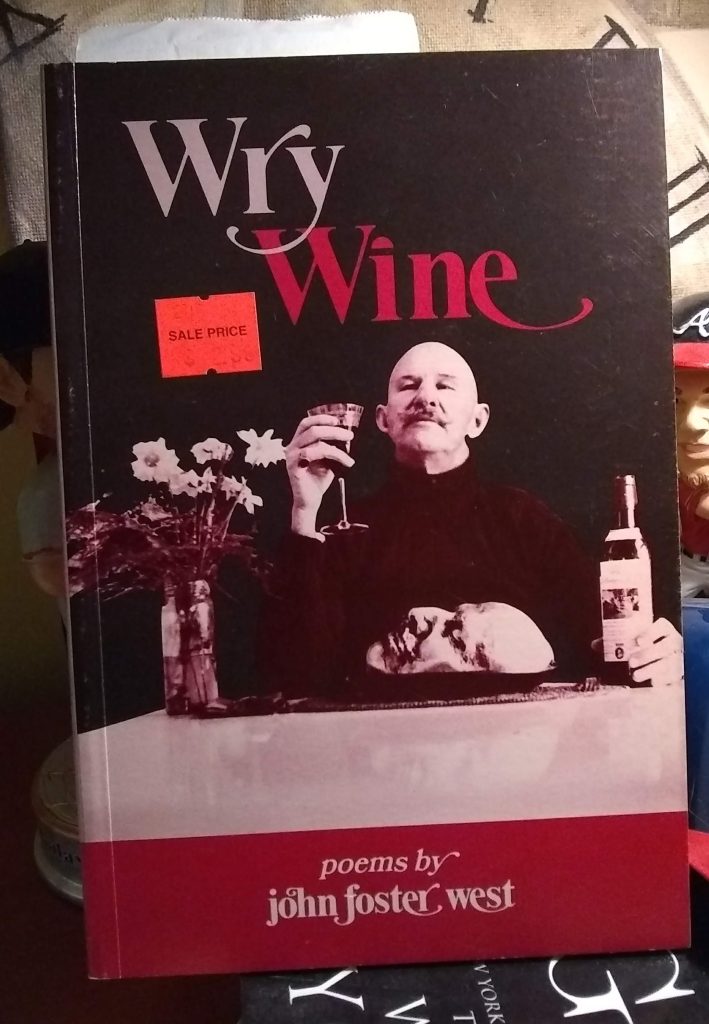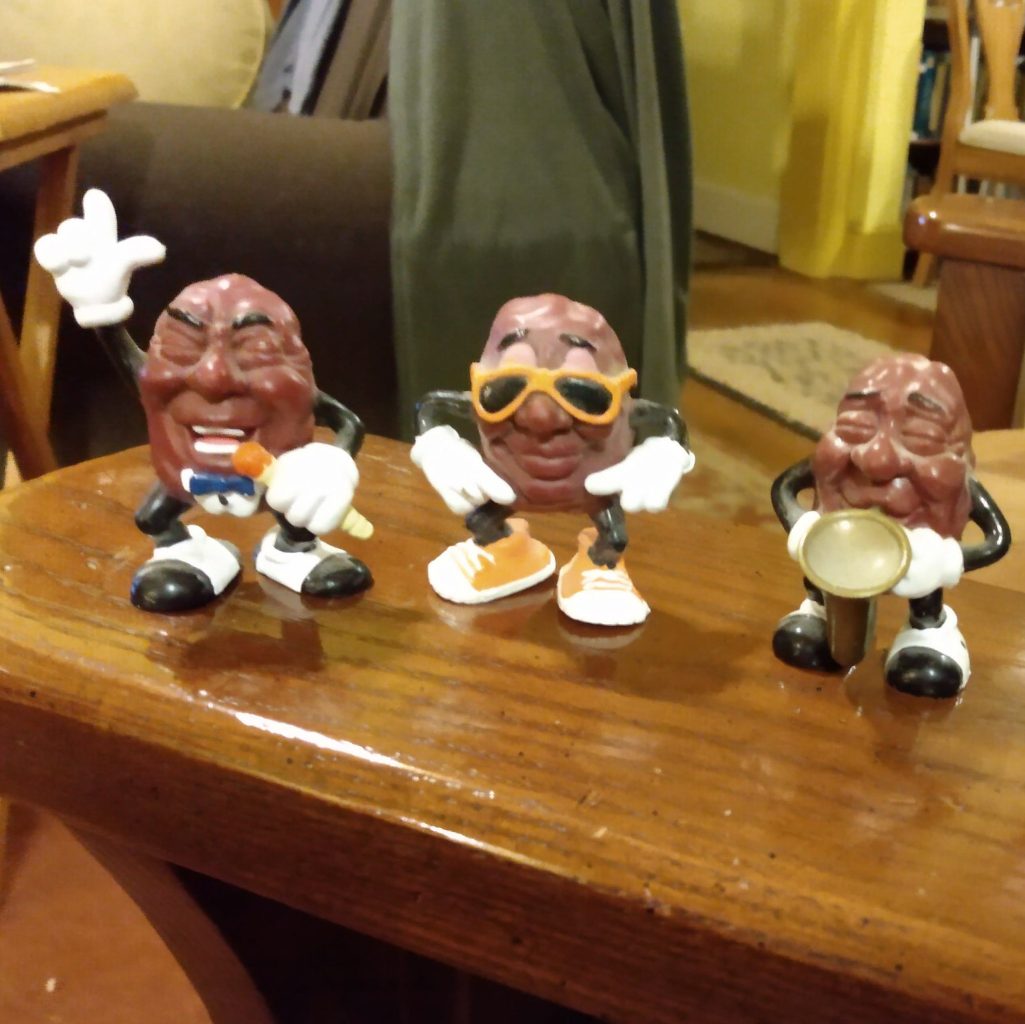
This is the eighth psalm credited to the “sons of Korah,” an old Hebrew who made cracks about Moses until YHWH shut him up with a crack of his own — one in the ground that Korah fell into.
And even though the old story claims that Korah’s whole family fell into the hole with him, some of his so-called sons survived to write obsequious songs like this one for the supercilious David.
That’s understandable, considering what YAH supposedly did to their dad. Now, this psalm isn’t all bad. It has nature — birds in nests, verdant valleys with cool springs and pools of clear water.
But it’s main point is that Korah’s kids would rather spend a single day in YHWH’s tabernacle — nothing but a tent, really, not a temple — than a thousand and one days in paradise. Yeah, I bet.
Still, the sons say, “For the Lord God is a sun and shield; / No good thing will He withhold / From those who walk uprightly.” That isn’t wack, ‘cause Korah did stumble and fall into that big crack.
